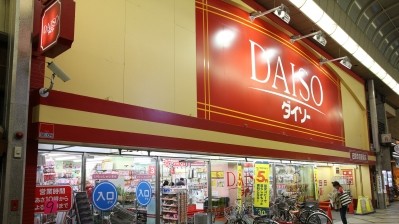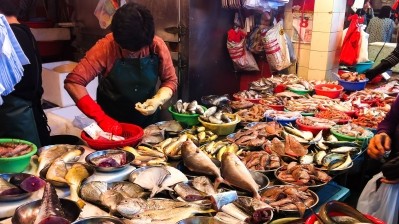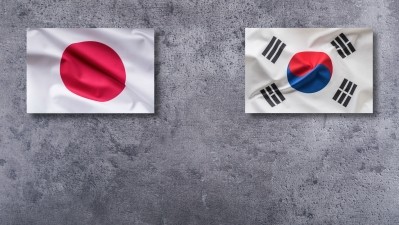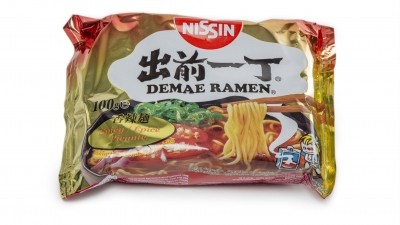Tokyo to serve IOC officials food from disaster-affected regions to show safety
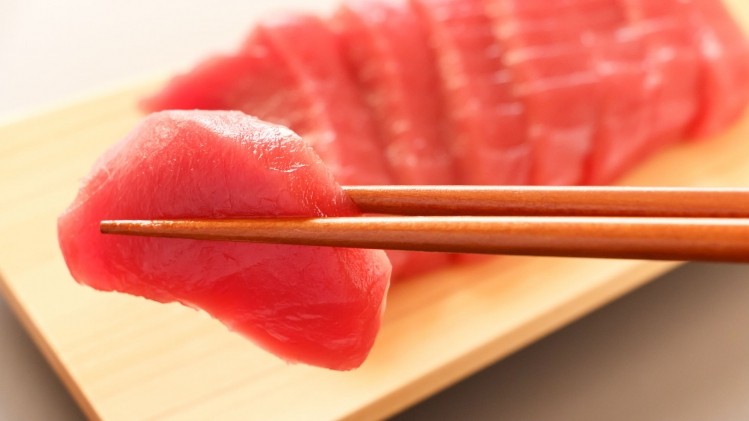
The food will be served at a dinner during a three-day visit by the International Olympic Committee (IOC) officials.
Produce from the affected areas has to pass strict Japanese safety tests before being put on the market, or ending up on a plate.
"By offering food from three disaster-hit prefectures, we hope to sweep away the false reputation of food from the regions and contribute to the restoration,” said a Tokyo 2020 spokesperson.
Miyagi, Iwate and Fukushima prefectures in northern Japan were hit by the tsunami in 2011 while, following that, the Fukushima Daiichi nuclear accident contaminated much of the area’s land and water.
Japanese food ban still held in close to 30 countries
Soon after those devastating incidents, 54 countries began to impose import bans on Japanese produce. Today, only 25 countries have ended the ban.
Not long ago, the Taipei branch of the Japanese Chamber of Commerce and Industry had called on Taiwan to end the ban of produce from five prefectures: Ibaraki, Gunma, Tochigi, Chiba and Fukushima.
“Taiwan must amend regulations that are applied only here and run counter to international practices,” the strongly-worded statement in the report had said.
China still has a trade ban on Japanese food products from about 10 prefectures.
In his opening statements at the Asean Plus Three Leaders Summit in Manila in mid-November, Japanese Prime Minister Shinzo Abe had called on Southeast Asian nations to lift the ban as he said sufficient time had passed since the occurrence of the disasters and, based on scientific grounds, the food produce is widely considered to be safe.
In May, the head of the Food and Agriculture Organisation of the United Nations said that the safety of food produced in the affected areas was “assured”.
The Tokyo 2020 spokesperson said that the European Union has just relaxed its regulations, scrapping the requirement for safety certificates for rice grown in Fukushima.
The three affected regions are renowned for rice, pork, mackerel and apples and the menu is expected to feature them, though it is yet to be finalised.
